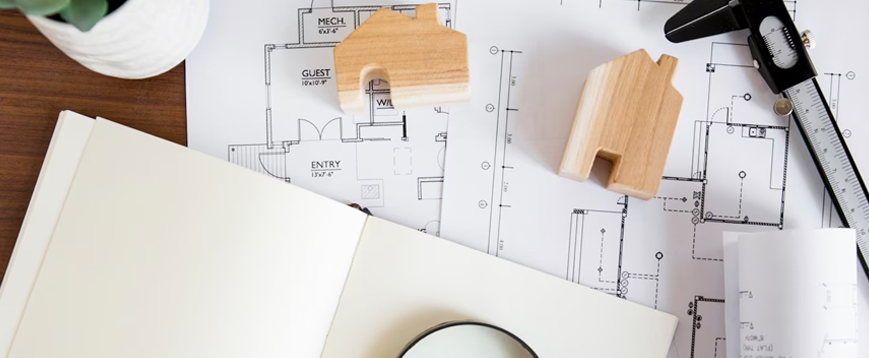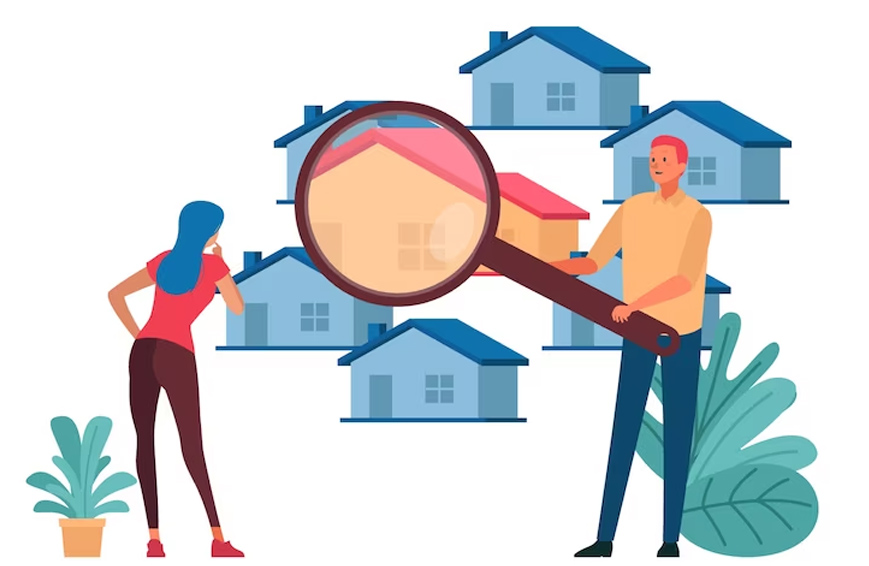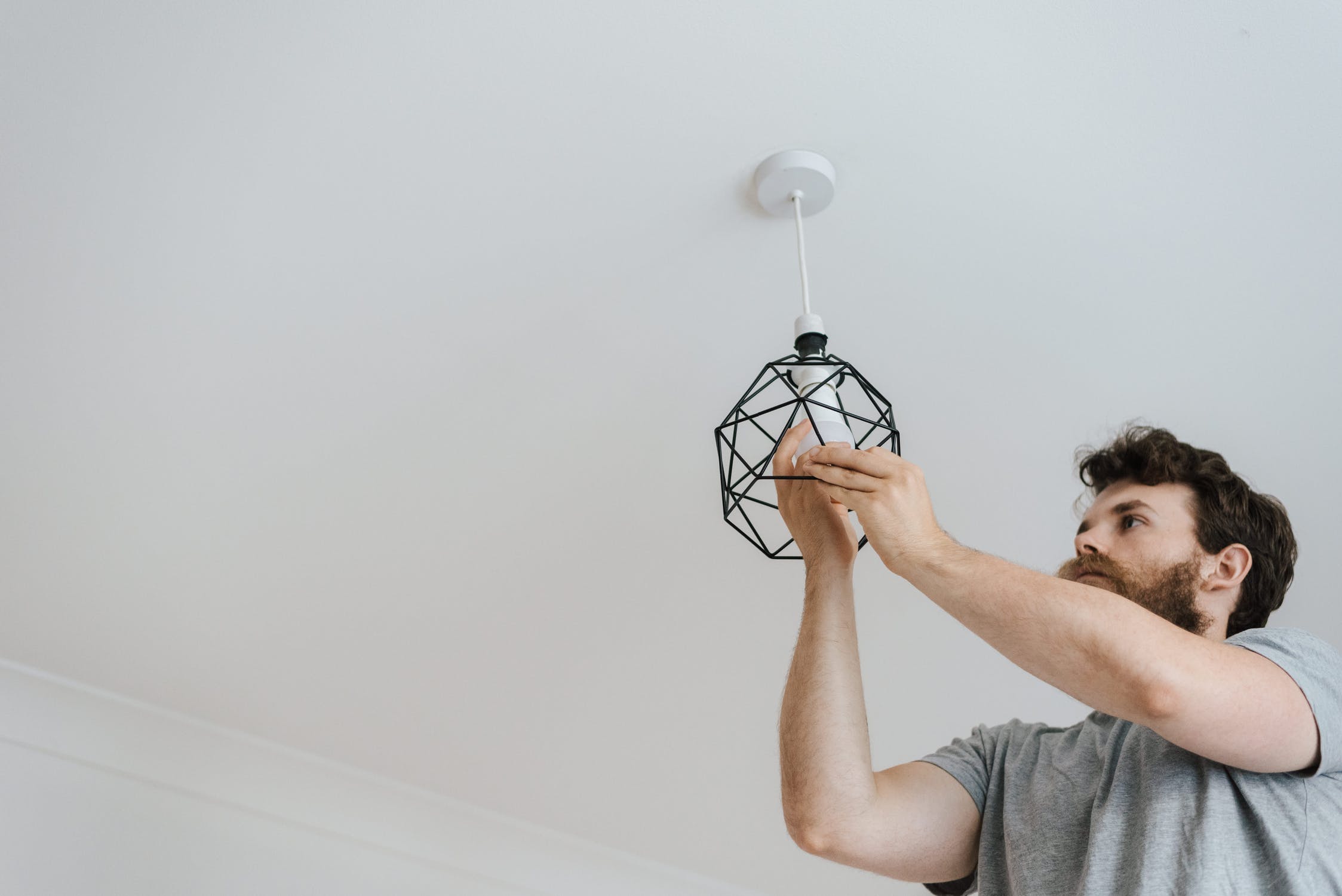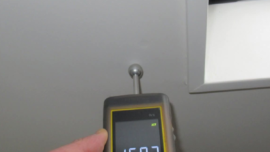The Key to Informed Homeownership: Building Inspections and Common Issues Unveiled
The Key to Informed Homeownership: Building Inspections and Common Issues Unveiled
#aucklandhouseinspections #builderspreport #dependablehouseinspections
Whether you’re a property buyer, investor, or homeowner, the journey of owning a home is a significant and exciting one. However, hidden beneath the façade of even the most attractive properties can lie potential pitfalls that, if left unchecked, may become unwelcome surprises. To embark on this journey with confidence, one essential step you should never overlook is a thorough building inspection.
Building inspections are like keys that unlock the secrets of a property. They serve the vital function of uncovering potential issues within a home or building, providing you with a comprehensive overview of its current condition. While some issues may be readily apparent, many others require the discerning eye of a professional to be identified. By engaging experts to conduct a detailed building inspection, you gain the peace of mind that comes with a clear understanding of your prospective investment.
The Top 5 Most Common Issues Found in Building Inspections
As seasoned professionals in the realm of home inspections, we’ve witnessed a wide spectrum of issues that can surface during these crucial examinations. These problems can range from minor cosmetic blemishes to major structural challenges that, if left unaddressed, could lead to substantial financial burdens in the long run.
Here, we delve into the most common issues our home inspectors encounter, providing you with valuable insights that can inform your property decisions.
Water Penetration and Leaks
Water is the enemy that quietly infiltrates homes and wreaks havoc. Leaks are among the most frequently encountered issues during building inspections. They can originate in various places, from the roof to the basement, bathrooms, or even within the main plumbing lines. Unattended leaks can give rise to more significant problems, such as rot or mold, and they can serve as indicators of broader issues like defective linings and structural cracks.
Faulty Electrical Wiring
Outdated electrical systems in homes can create complications in an increasingly modernized world. Electrical wiring that doesn’t adhere to current building codes is a common concern. While many wiring issues are relatively benign, some can pose serious risks, including the potential for electrical fires.
Roof Damage
Damage to the roof is a homeowner’s worst nightmare. Roof problems can ripple into serious issues affecting a property’s interior and exterior. Roof repairs are often among the most expensive to undertake, especially if they stem from improper installation or water penetration. Issues like brittle or curled shingles, broken or missing flashings, and damp roof structures often necessitate repair, and in some cases, roof replacement.
Heating Systems
Inadequate insulation is a frequent issue, particularly in older New Zealand homes. Home heating systems should undergo annual maintenance, but many homeowners defer this until a problem emerges. Rusty water heaters or carbon monoxide leaks are significant concerns requiring prompt attention.
Poor Overall Upkeep and Maintenance
Worn carpeting, cracked paint, or stained decks are examples of general upkeep issues often neglected by homeowners until a professional inspection brings them to light. Minor facelifts and regular maintenance can help address these common concerns.
Conclusion
It’s essential to recognize that these common issues can be addressed effectively by qualified professionals. Building inspections are your gateway to understanding your prospective property and avoiding potentially significant costs down the road. To embark on your homeowner’s journey with confidence, it’s wise to engage a professional home inspector to thoroughly assess your new house. This step ensures that you’re well-informed about your investment, allowing you to make decisions with clarity and peace of mind.
About Dependable House Inspections
Dependable House Inspections offers professional, comprehensive construction advice and reports on residential properties to ensure your complete peace of mind – whether you are purchasing, renovating or developing a property.
We will empower your negotiations and help you make the right property decision – With 25+ years of building experience, we are working for you to ensure that you fully understand the complete picture when it comes to your new property.
Get in touch with us today to get your report prepared.
Alternatively, call us on 0800 337 373 for a quick response.

























